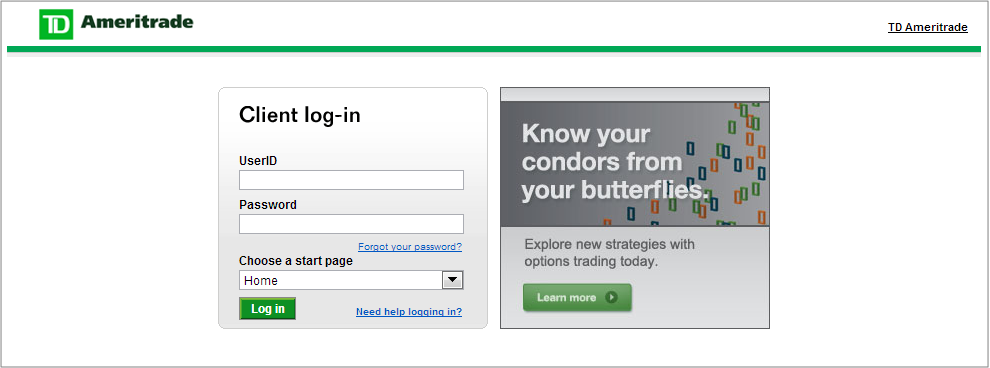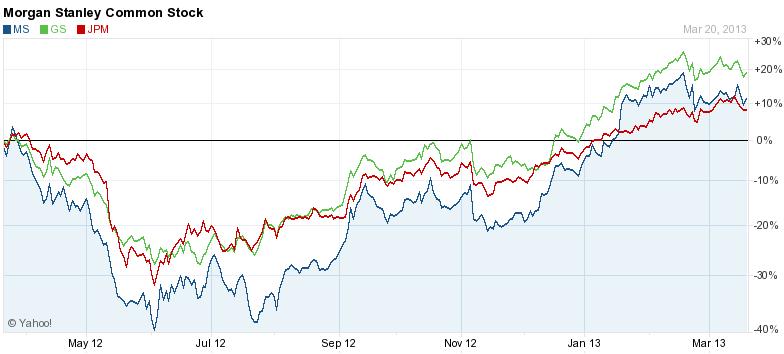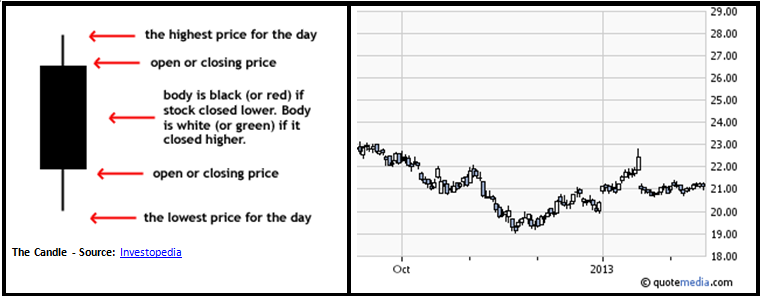Choosing the Right Investment Advisor and Financial Planner
Individual investors, on average, are perfectly comfortable identifying investment products to invest in, conducting their own detailed research and preparing a plan to reach their investment goals. There are others, however, that rely on financial professionals to guide them through the myriad of decisions associated with stocks, bonds and fixed income investing.
For this latter group of individual investors, it is extremely important to find the right investment or financial advisor who will guide them through the process of understanding their investment goals, planning to meet these goals, and then following through with a plan.
What to look for in an Investment / Financial Advisor
Generally speaking, Investment Advisors (also called Financial Advisors or Financial Planners) come in two groups: Those that are associated with an investment advisory firm or a financial institution, and those that are independent of any entity. While there are pros and cons to seeking advice from professionals from either of those two camps, investors must look for certain characteristics in their advisor, regardless of what their affiliation is.
[newsletter1][/newsletter1]
(Other News: Protecting Yourself against a Market Correction – Defensive Investing)
In the rest of this article, we’ll explore “4 Es” – Empathy, Expertise, Experience & Expenses – that investors should look for in the ideal financial advisor.
Empathy
As part of your search, you’ll want to pay special attention to financial planners that empathize with you and your particular financial situation, and not someone that "knows it all" or dishes out advice even before knowing what your unique circumstances are. A Financial Planner / Investment Advisor needs to be a great listener and should ask probing questions to better understand your goals and aspirations.
Advisors that are great listeners are mostly also "candid" talker. That means they are frank and open in their judgement about your situation. Often, that also means they are open about the types of investments they will be proposing for you, and the types of fees they charge.
(See Also: 5 Best Online Trading Sites (2013) for Investors – Best Online Brokers)
Expertise
You will find lots of Investment / Financial Planners that are more than ready to dish out advice to their clients, based on the products they know about. However, you should look for someone who has the expertise that your specific situation calls for. For instance, if you are nearing or already in retirement, getting advice from an "expert" in hedge funds and derivatives is not the right way to go.
While some advisors will tell you "it's the same thing, just a bit different", the truth is that specific investment objectives call for specific sets of expertise. There's no one-size-fits-all when it comes to each investor's specific and unique financial needs.
Experience
There's no substitute for experience when it comes to professionals giving advice, and that's true for investment advice as well. The longer someone has been advising clients on money and investment matters, the more likely he or she will be to provide you with the personalized advice you deserve. However, be careful not to confuse "experience" with "number of years in the business". The two do not necessarily correlate.
(Other News: Investing in a 401K Plan)
Look for an advisor that has many years of advising clients in matters similar to what you are seeking advice about. The more years they have been dealing with that particular product or service, the more proficient they will be in delivering personalized advice about that sector to their clients.
Expenses
In the end, no matter what anyone says, expenses do matter! How much you are paying your advisor directly impacts how much of your money is left for you to enjoy. While not all advisors are worth their value in the fees they charge, some might provide better value than others. And it does not necessarily follow that a lower-fee advisor is better. Nor do higher fees make for better advice.
(See Also: Stock Trading Risks, Rewards and Exit Strategies)
What you need to assess is the fee your advisor is charging, relative to his/her peers and what you’ll expect to receive in return. Paying a few percentage points in extra fees could set you back by thousands of dollars over the life of your investment. But if, as a result of the extra fee, you receive higher returns, better advice and more open and frequent access to your advisor, then that may justify a higher fee.
Good luck in your investing. Let us know if you have any questions, comments or feedback,
MarketConsensus Stock Analysis Team
Stay in Touch:
Facebook (Like Us on Facebook)
Google + (Connect with Us on Google+)
Twitter (Follow Us on Twitter)
Contact Us (Questions/Comments)
————————————————————————————————-
[related2][/related2]
(By: Monty R. – MarketConsensus News Contributor)





